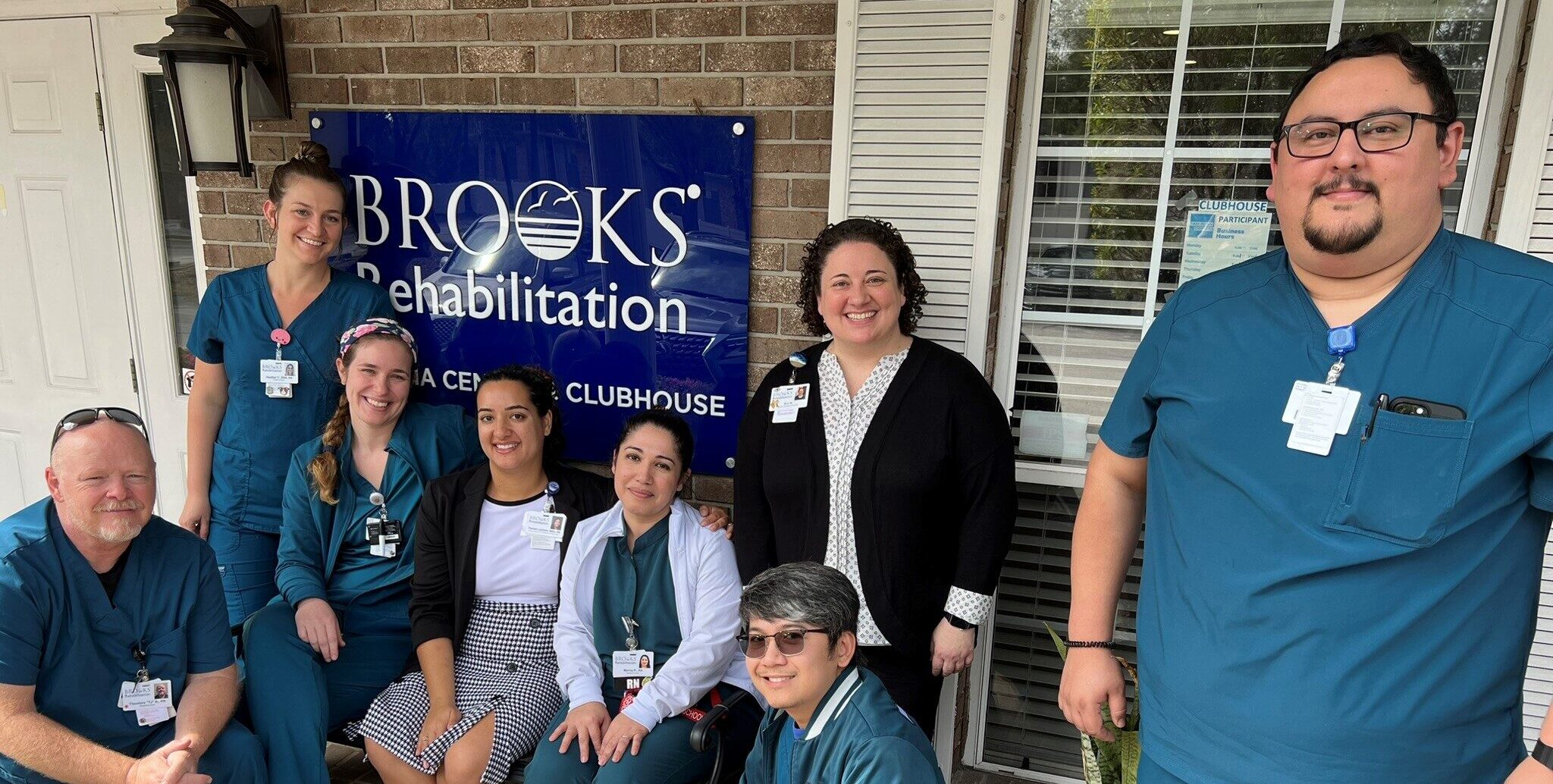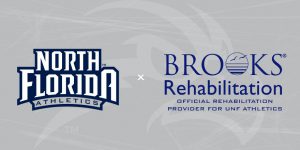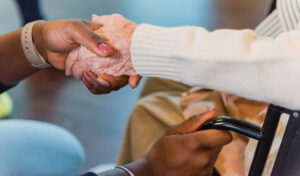Transition to Practice Nursing Residents Visit the BRAC

Back to physical health resource hub
As an organization on the cutting-edge of education, evidence-based practice and professional development, the Brooks Institute of Higher Learning Transition to Practice Nursing Program cohort recently spent an afternoon at the Brooks Rehabilitation Aphasia Center (BRAC). The session allowed new nurses to learn best practices on communicating with patients experiencing different types of aphasia or having communication challenges.
This six-month Transition to Practice Nursing Program is a structured, immersive learning experience that supports a precepted clinical orientation alongside the support of selected mentors. “This immersive course is an example of one component of the experiential learning embedded within the program’s curriculum. The unique structure of incorporating classroom education, simulation and shadow experiences with specialty experts delivers meaningful content tailored for the needs of the newly licensed rehabilitation nurse that directly translates to excellence in patient care,” said Pamela Lambert, MSN, MBA, RN, CHSE, Nursing Education & Professional Development Leader.
In addition to the BRAC staff, the cohort also spent time with members of the BRAC who volunteered to give the newly licensed nurses personal perspective on what it is like to live with aphasia as well as experiences they had with healthcare professionals. The nurses shared their perspective on the day:
“The aphasia experience class had a huge impact on how I communicate with patients. This was one of the best experiences in my opinion and it helped me understand how communication disorders and aphasia impacts people in the real world. I feel like I understand these people more.”
“School did not teach us enough about aphasia! I was so surprised when learning more about the different types and was able to apply this new knowledge to those I’m caring for.”
“This experience helped me communicate with a patient who was having trouble expressing their needs. I used the phrase we learned, “I know you know what you want to say,” and my patient’s eyes lit up and he held my hand. It was a rewarding feeling to have that connection. I have only been a nurse for three months and it’s these moments that remind me why I’m here.”
Each month, high-level experts discuss clinical observations, link scenarios to current practice, present case studies and use simulation to help the newly licensed registered nurses build clinical knowledge in a dedicated, safe learning environment. The overall program goal is to support our newly licensed nurses with a dynamic, interactive and diverse professional learning experience that encourages a safe and exciting transition into professional practice.
The Brooks IHL Transition to Nursing Residency Program accept applicants year-round. There are four established cohorts: Summer, Fall, Winter and Spring. If you are interested in applying or learning more, visit BrooksIHL.org.







